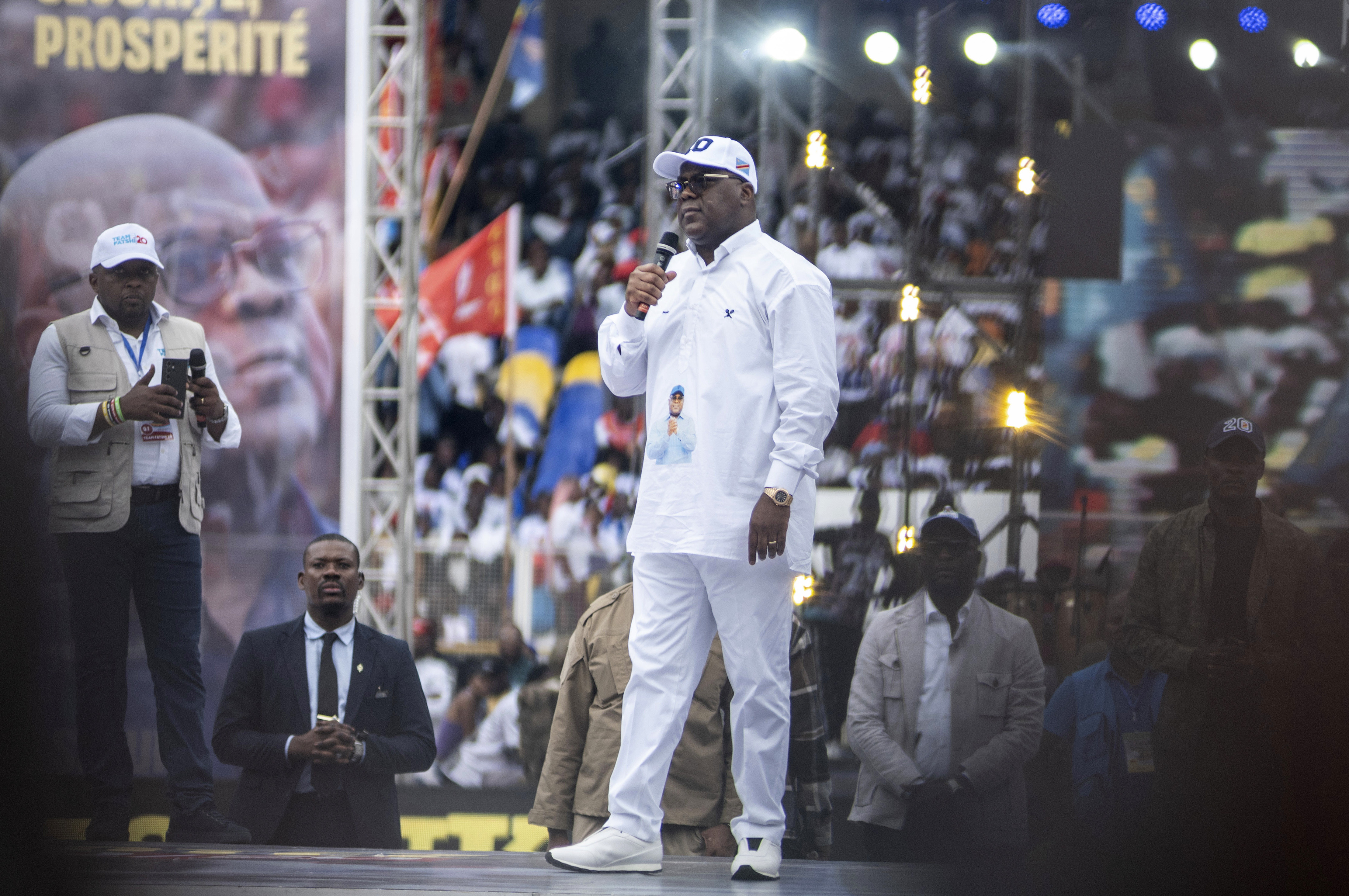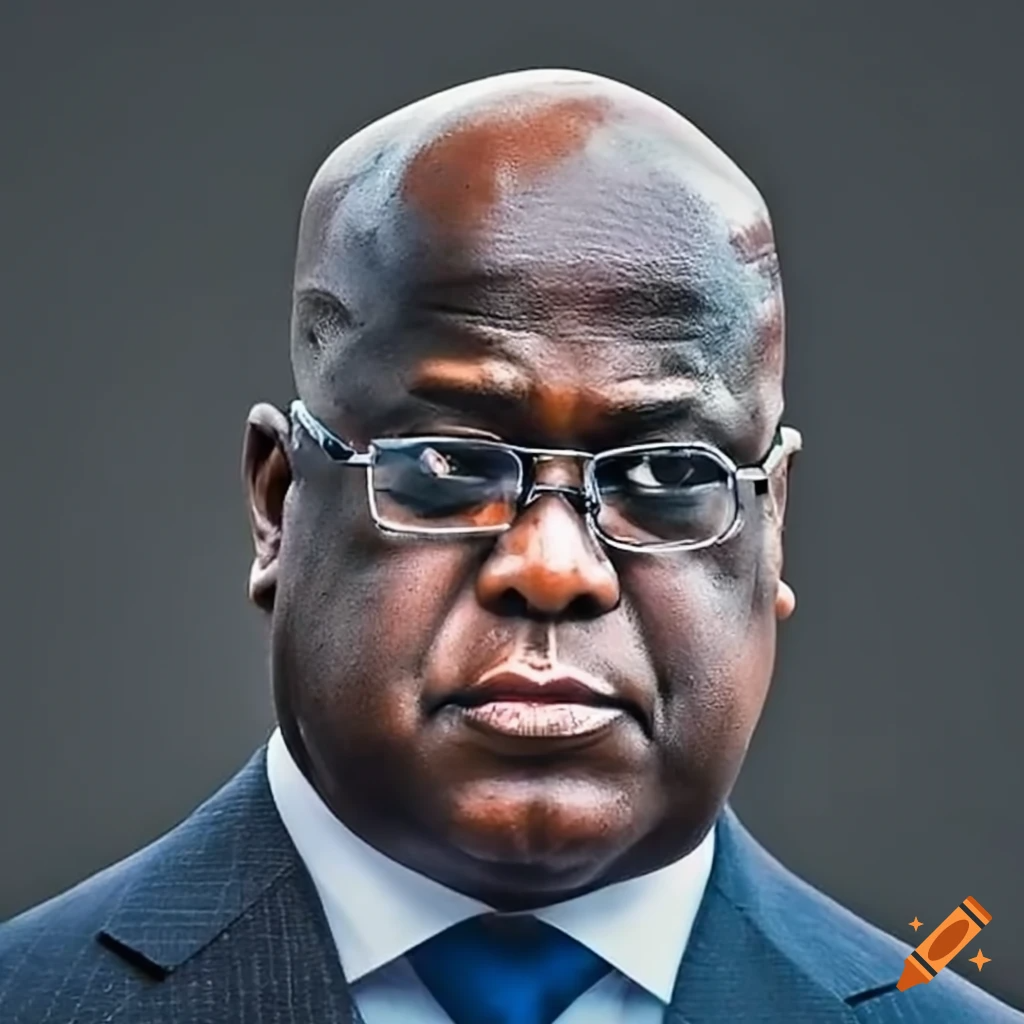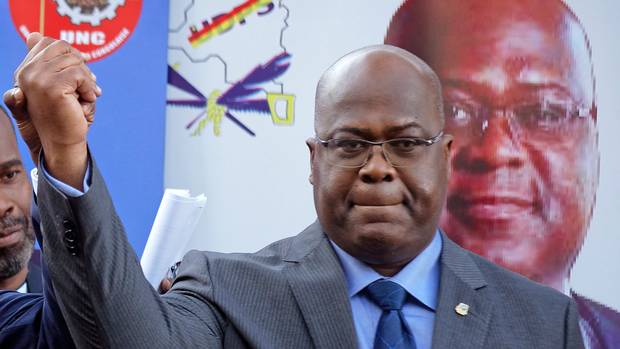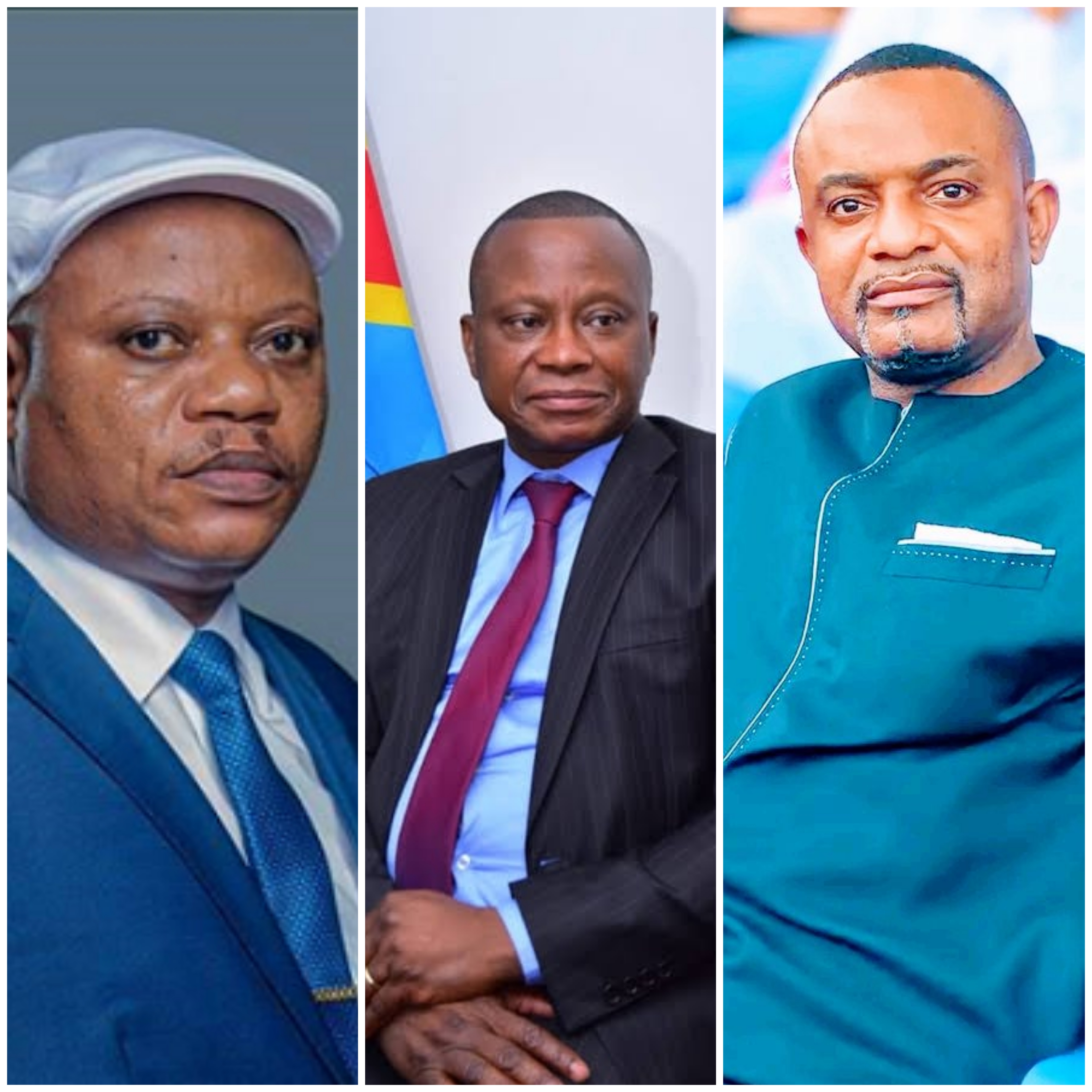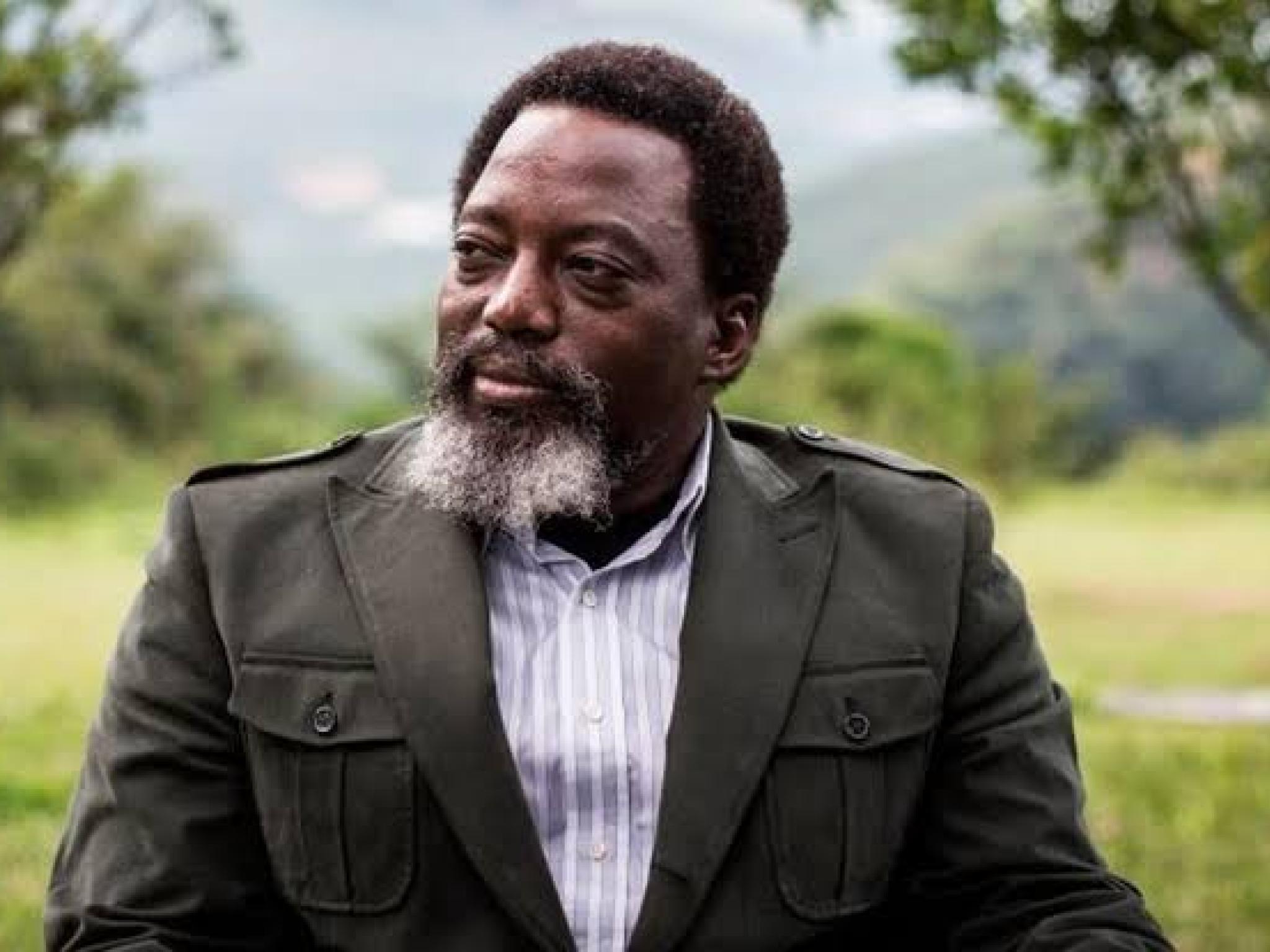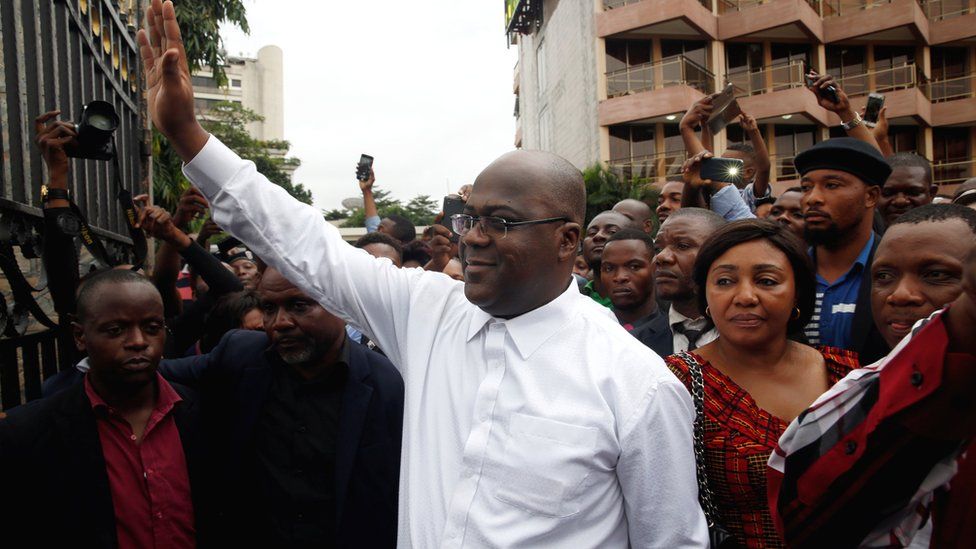Regional
Inside DRC's presidential campaign conspiracies
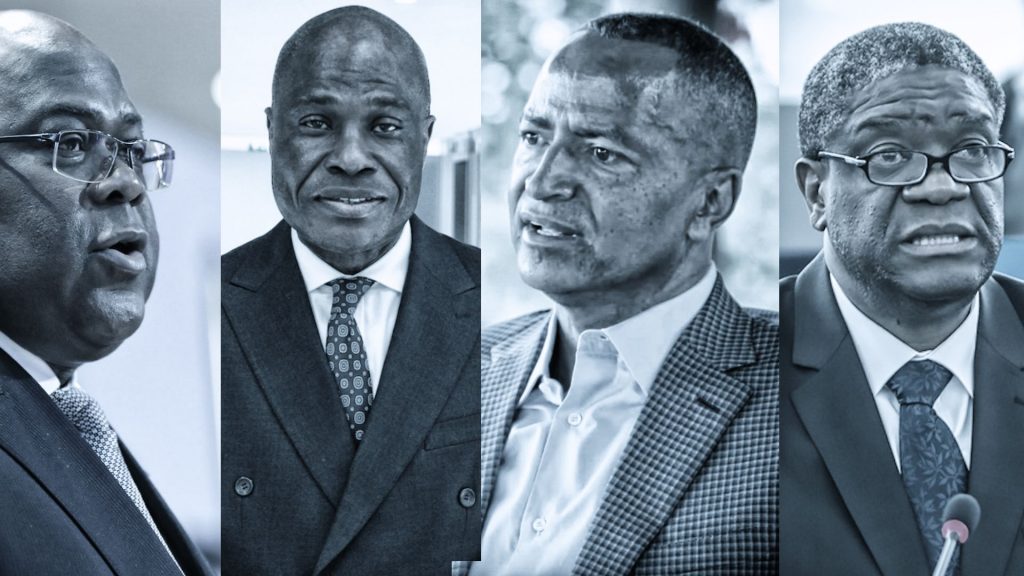
Félix Tshisekedi (from the left), Martin Fayulu, Moïse Katumbi, and Denis Mukwege are among dozens of candidates running for DRC's next president.
As his first five-year term comes to an end, and the
country’s security situation only worsens, voters will no longer accept the lie
that incumbent Congolese President Félix Tshisekedi will help bring peace and
security once re-elected.
Security is not Tshisekedi’s priority.
Tshisekedi’s first term was marked with a range of
failures, but the escalated insecurity in the east of the Democratic Republic
of Congo (DRC) highlighted his level of incompetence.
The 60-year-old refused to dialogue with the M23 rebellion,
which resurged in late 2021, to halt the increasing violence and armed conflict
in the east of DRC.
Different Heads of state advised Tshisekedi to employ a
political approach if he really wanted to find a sustainable solution, but he
chose the military approach which has brought no positive result.
Since presidential campaign kicked off on November 19,
Tshisekedi lacked strong pillars in his manifesto. He has nothing to convince
the Congolese people with. He opted to attacking his contestants, especially Moïse
Katumbi, accusing them of collaborating with “enemies” of the country simply because
they are committed to addressing insecurity in the east of DRC.
While campaigning in Kindu, Maniema Province, Tshisekedi
claimed that any dialogue with the M23 rebels would risk facilitating their
infiltration within the national army, and opening the way for the intrusion of
foreign elements on Congolese soil.
“Countries with hostile intentions have their pawns that
they actively support. These candidates will come assure you that they will
start talks with the M23. For my part, I do not condone this approach. This
type of dialogue unfortunately encourages the infiltration of our armed forces
and allows the entry of enemies into our territory,” Tshisekedi said.
Tshisekedi has been blaming neighboring countries,
especially Rwanda, for his government’s own failures. This time around, he is
associating some of the presidential candidates – who he fears – with countries
he calls ‘enemies’ of DRC.
His rhetoric in the ongoing presidential campaign not only
sows hate amongst Congolese citizens, but also targets Katumbi who boldly addresses
the real problems facing the country.
Katumbi is the main contestant whom Tshisekedi might be
fearing.
Sources from Kinshasa have confirmed that Fayulu who came
second in the disputed 2018 presidential election which he claimed to have won,
might have got a penny from Tshisekedi to challenge him no more.
Fayulu did not join the opposition leaders who joined hands
in strengthening the "ideal common candidate" to give the opposition
the best chance against the incumbent, Tshisekedi, who is accused of preparing
massive electoral fraud.
Following the discussions held in mid-November in Pretoria,
South Africa, between emissaries of five opposition candidates, former
Congolese Prime Minister Augustin Matata Ponyo, Dr Denis Mukwege and MP Delly
Sesanga vowed to support Katumbi’s candidacy.
Katumbi is increasingly becoming Tshisekedi’s nightmare.



